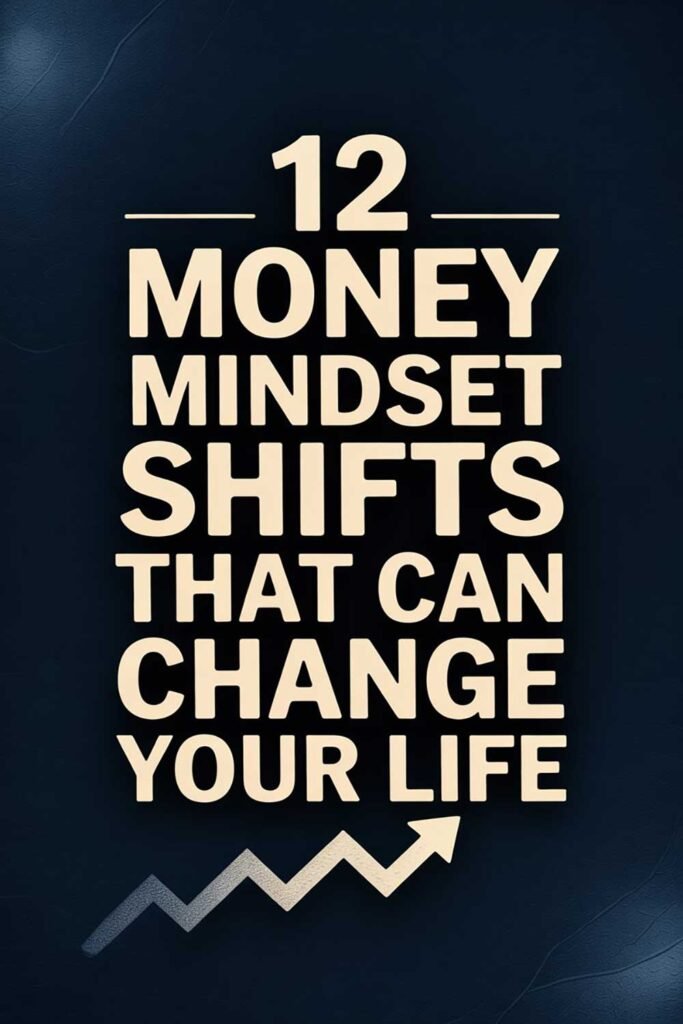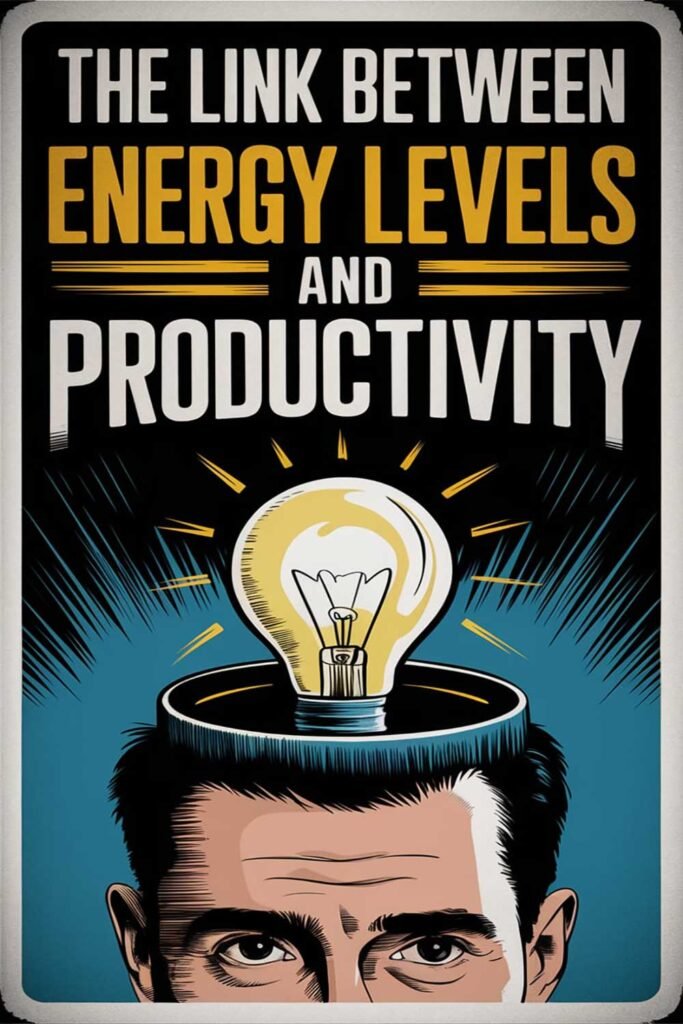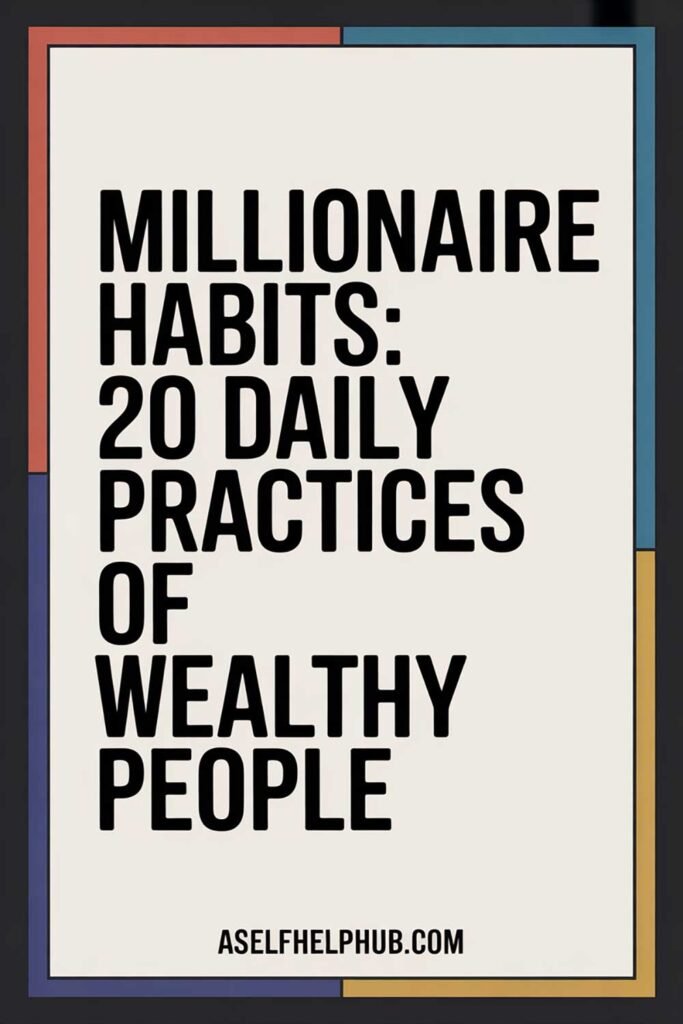8 Ways to Stop Living Paycheck to Paycheck
Living paycheck to paycheck is a stressful reality for millions of people. It creates constant anxiety, limits your ability to plan for the future, and makes unexpected expenses feel like financial disasters. The good news? You don’t have to stay stuck in that cycle. With commitment, a mindset shift, and the right strategies, you can break free and build a more secure and empowered financial life. These 8 proven steps—supported by real-life success stories—can help you move from survival mode to stability and growth.

1. Track Every Dollar You Spend
The first step to financial freedom is awareness. You can’t fix what you don’t understand. Tracking your spending reveals patterns, leaks, and opportunities.
Real-Life Example:
Jessica, a single mom in California, tracked every expense for 30 days using a free budgeting app. She was shocked to find she was spending $300 a month on small convenience store purchases. She cut those in half and started building a savings cushion.
2. Create a Realistic Budget That Works for YOU
A budget isn’t a punishment—it’s a plan for your money. Start with your income, subtract your essentials, and allocate funds for saving, debt, and fun.
Real-Life Example:
Marcus created a zero-based budget using the 50/30/20 rule: 50% for needs, 30% for wants, 20% for savings and debt repayment. Within 6 months, he built a $1,000 emergency fund.
3. Start an Emergency Fund (Even If It’s Small)
Having even $500 in a separate savings account can prevent you from relying on credit cards when unexpected expenses hit.
Real-Life Example:
Samantha saved $10 a week in a high-yield savings account. In one year, she had $520 saved and used it to cover an urgent car repair without going into debt.
4. Increase Your Income with a Side Hustle
If your expenses are already barebones, the next step is to boost your income through freelancing, part-time work, or selling unused items.
Real-Life Example:
Ben delivered food on weekends and made $400 extra per month. He used that income to pay down a credit card and eventually quit living paycheck to paycheck.
5. Cut Non-Essential Spending Without Feeling Deprived
You don’t have to give up everything you love. Choose mindful spending over mindless spending.
Real-Life Example:
Emily switched from eating out five times a week to twice. She saved $150/month and still enjoyed her favorite restaurants.
6. Use Cash Envelopes or a Prepaid Card System
Using cash (or a reloadable prepaid card) for variable expenses like groceries and entertainment can keep you from overspending.
Real-Life Example:
Carlos used envelopes labeled for groceries, gas, and entertainment. Once the envelope was empty, he stopped spending. It helped him stay under budget for the first time.
7. Pay Off High-Interest Debt First
High-interest debt (like credit cards) is a major drain on your income. Focus on the smallest or highest-interest balance first and snowball your way out.
Real-Life Example:
Tina followed the debt snowball method and paid off her three credit cards over 14 months. The money she had been putting toward minimum payments became her new savings fund.
8. Set Financial Goals and Stay Motivated
Whether it’s saving for a vacation, building a six-month emergency fund, or buying a home, having a goal gives you purpose and helps you stay focused.
Real-Life Example:
Derrick wrote down his goals and reviewed them weekly. He tracked his progress on a whiteboard and celebrated small wins. Seeing his savings grow kept him motivated.
🌟 20 Motivational Quotes About Financial Freedom and Empowerment
- “A budget is telling your money where to go instead of wondering where it went.” – John C. Maxwell
- “It’s not how much money you make, but how much you keep.” – Robert Kiyosaki
- “You must gain control over your money or the lack of it will forever control you.” – Dave Ramsey
- “Do not save what is left after spending, but spend what is left after saving.” – Warren Buffett
- “Stop buying things you don’t need to impress people you don’t even like.” – Suze Orman
- “Beware of little expenses. A small leak will sink a great ship.” – Benjamin Franklin
- “Financial peace isn’t the acquisition of stuff. It’s learning to live on less than you make.” – Dave Ramsey
- “Small daily improvements lead to stunning results.” – Robin Sharma
- “The best way to predict the future is to create it.” – Abraham Lincoln
- “Success is the sum of small efforts repeated day in and day out.” – Robert Collier
- “Frugality includes all the other virtues.” – Cicero
- “Wealth is the ability to fully experience life.” – Henry David Thoreau
- “Money is a terrible master but an excellent servant.” – P.T. Barnum
- “Budgeting isn’t about limiting yourself. It’s about making room for what matters.” – Unknown
- “Being broke is hard. Becoming financially free is also hard. Choose your hard.” – Unknown
- “Every dollar you save is a building block for your freedom.” – Unknown
- “Discipline is the bridge between goals and accomplishment.” – Jim Rohn
- “Start where you are. Use what you have. Do what you can.” – Arthur Ashe
- “You don’t have to be rich to start saving. You have to start saving to be rich.” – Unknown
- “The goal isn’t more money. The goal is living life on your terms.” – Chris Brogan
🧠 Picture This
Imagine looking at your bank account and seeing a growing savings balance. You’re not worried about rent or your next paycheck. You pay your bills on time. You have money left over for fun, for emergencies, and for your future.
You’re not surviving anymore—you’re thriving. You feel peace, confidence, and control. You’re living with purpose, and every financial choice you make moves you closer to the life you truly want.
What could your life look like if money stopped being a source of stress and started being a source of strength?
📢 Please Share This Article
If you found this helpful or know someone who’s tired of living paycheck to paycheck, please share it with them. You could be the reason they take their first step toward financial freedom.
⚠️ Disclaimer
This article is for informational purposes only. It reflects general financial strategies and real-life examples, but is not intended as financial advice. Please consult with a licensed financial professional for personalized guidance.






